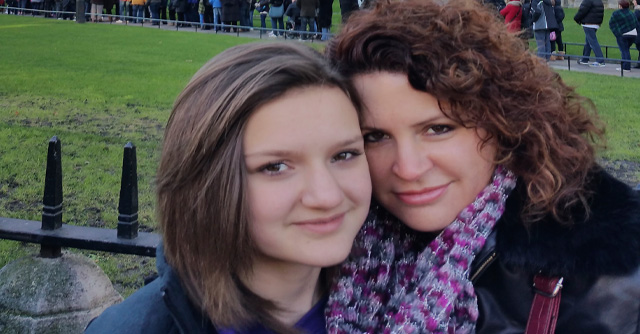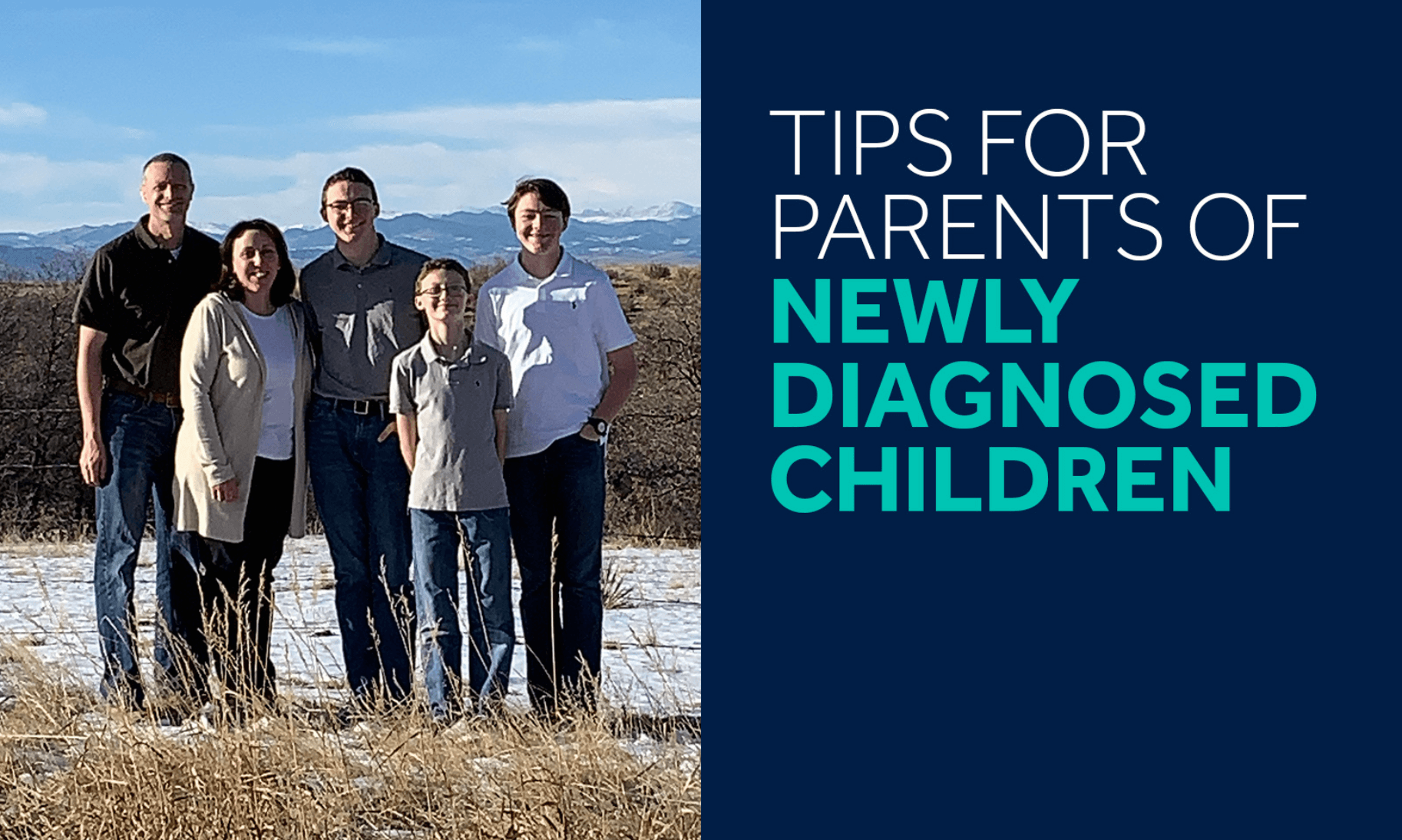Summer camps and diabetes

What is diabetes camp?
Diabetes camps are a great opportunity for kids to get active, make new friends, and learn more about diabetes management. It’s a timeless summer activity that allows kids with diabetes to feel just like everyone else and connect with others who have shared experiences.
For many parents, sending their child away from home for a week can be scary and concerning, but there are camps specifically equipped to help monitor and care for those living with diabetes.
From diabetes diagnosis to “Camp Nut” recipient
Terry Ackley, Executive Director for the Diabetes Education and Camping Association, talks about his daughter's diagnosis and his experience of the first time he and his wife sent their daughter to diabetes camp.
It may be that one of the most important things one can do for a child with diabetes and their family is to send them to a diabetes camp. Did you know that there are over 400 diabetes camps worldwide?
Emily was diagnosed with type 1 diabetes (T1D) on a sunny summer day in 1981. She was 11 months old. She had been ill for a few days and during the visits to our pediatrician we were told that she had a virus.
We noticed on the third day that she was constantly wetting her diaper and couldn't get enough to drink. The next morning, we awoke to a baby who was becoming comatose. We immediately took her to the pediatrician who sent us on to the emergency room. The nurses promptly took Emily from us and began treating her.
My wife and I were taken into a small room a little while later and told that our baby had diabetes. My wife and I went through a week of intensive diabetes education. We were given a very strict diet for Emily to follow (I thank God for serving-size baby food jars), taught how to test blood sugar, and instructed on mixing and giving insulin injections.
I can still remember the apprehension that I felt as I practiced giving shots to an orange. I still hear Emily's cries from when I gave her insulin injections and checked her blood sugar.
Managing my child’s diabetes
My wife and I worked very hard to follow the instructions given by our diabetes care team. It wasn't easy and it wasn't perfect. It was, and still is, a difficult journey.
In our case, we felt alone during many of the early years. Although we both have large extended families, our loved ones didn't volunteer to help with our daughter's diabetes care. She didn't spend the night alone at grandparents or with other extended family members. I think that they were afraid that they couldn't provide her the safety and care that she needed.
When Emily was about 5 years old, we saw a diabetes camp flyer in her endocrinologist's office. We asked about it and learned that there are places that children can go to have fun and learn about diabetes. She was too young to go at that time and we were not ready to trust others to take care of her.
Emily is an adventurer at heart. Even at a young age she wanted to experience life and not be restrained by diabetes. She frequently asked about going to camp, and when she was 7 years old, we enrolled her.
First time going to diabetes camp
I remember driving four-and-a-half hours to get to camp and waiting in a long line to go through registration.
We spoke to dietitians, nurses, and doctors. They had lots of questions and clearly understood how to take care of Emily. However, it was our first time to let anyone else have control over her health and safety. And to think that we were leaving our little girl with complete strangers! We did not want to let go.
We learned that diabetes camps have loving, compassionate, and dedicated volunteers and staff who look out for the health and safety of children. They also provide needed encouragement and support to parents.
My wife and I met Zula and Joe that day. They spent at least two hours explaining to us how the camp was operated, what would be done to take care of Emily, and the wonderful things that she would learn. Finally, after being at camp for over four hours, we left her in their care.
My wife called the camp every day, and often two times a day, to check on Emily. We were always kindly reassured.
My daughter’s reaction to diabetes camp
On the closing day of camp, we arrived and couldn't find our little girl! She wasn't at the exit pavilion. She wasn't in her cabin.
Finally, we saw a little girl with long blond hair playing with other girls in the recreation area. She smiled at us and waved. Then, she went back to playing with her friends.
At that moment we knew that she was happy. And more importantly, that she had found a special place.
On the way home we asked Emily what she had learned. She talked about all of the fun things that she had done. She was especially proud of getting the "Camp Nut" award. She was the silliest one there!
She also told us that she had given herself a shot for the first time. We were very proud of her — even for getting the Camp Nut award.
We were very grateful for those remarkable people who gave up their personal time to help children learn how to live well and thrive despite having a very difficult health condition.
Lessons learned
Since that day I have learned that children with diabetes have other dear friends who help make diabetes camp possible, including many Medtronic employees.
On behalf of the tens of thousands of children who will attend diabetes camp this year, I thank them! They provide life-changing experiences just as was done for our Emily.
To learn more about the 400+ diabetes camping programs worldwide and find a camp in your area, please visit www.diabetescamps.org.
If you plan on attending camp and are using the MiniMed™ 780G system, please download our camps toolkit. This provides valuable information for the camp staff about our technology.
Have you or a loved one been to a diabetes camp before? Please share about your experiences in the comments!



